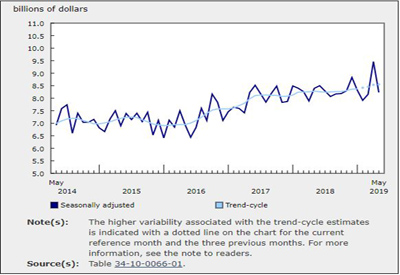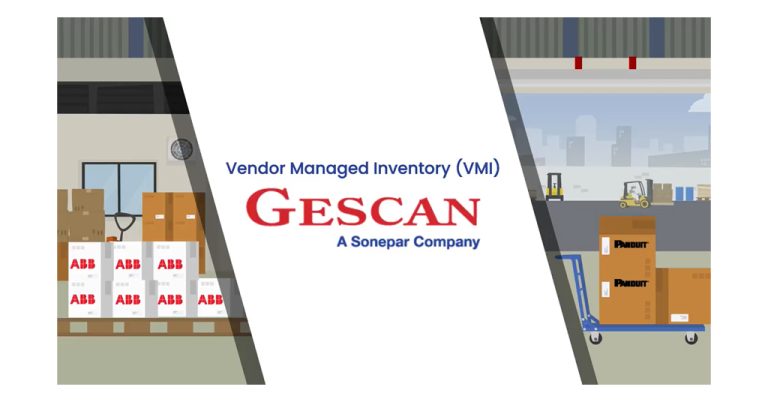Finding Talent to Meet Industry Needs

Canada is among the most educated countries in the world. However, even with these great statistics Canada does not do a good job at matching that Canadian talent with current and future labour market needs.
We’ve all read the horror stories in the news – the lack of people able to fill technical positions, Canada’s aging workforce, educated young people ready to work but unable to find jobs. Below I will highlight some areas Canada can focus on to meet labour market demands.
Although Canada is highly educated, this country’s percentage of university graduates in science, technology, engineering and math (STEM) is low (21.2 %) compared with other disciplines. New York is taking an innovative approach to address this issue. In May of this year, Governor Andrew Cuomo launched a STEM Incentive Program, which provides full tuition at a city or state university to the top 10% of students of each NY high school, if those students major in a STEM discipline and work in a STEM job in the state for five years after graduation.
Canada needs to focus on steering students into (STEM) disciplines, both at the high school and university level. Programs such as the one being implemented in New York engage students in high school, focus them in university, and give them the incentive to actually go into STEM careers.
It has been noted that Canadian employers cannot fill one in five jobs because candidates do not have the right education, skills and training. In a 2013 report published by the Conference Board of Canada, three key points emerged:
• the skills gap costs skills gaps costs $24.3 billion annually in Ontario alone
• the skills gap is projected to worsen if action is not taken
• the availability of skilled labour depends on a multi-faceted approach engaging employers, school systems and government
Multiply that $24 billion GDP loss across all provinces, and it’s clear that as a nation we need to make sure that high schools and universities have course offerings that are geared towards the existing labour market. Otherwise, we will be moving towards a future of “jobs without employees and employees without jobs.”
Canada cannot compete in the global economy, or spur success at home, if we do not have graduates in the disciplines that allow this to happen. Further, companies will not have access to the technical resources they need if students are not adequately educated. This is especially important as Canadian companies may need to look to skilled foreign workers to fill key positions in their companies due to lack of adequately educated Canadian graduates.
Brisette Lucas is VP Government Relations & Chief Privacy Officer, EFC. This article was originally published in Electro-Federation Canada’s InfoElectro magazine (Fall 2014), and is republished here with permission from Electro-Federation Canada.
According to the Organization for Economic Cooperation (OECD), Canada ranks number one with 51% of adults having a tertiary education in 2011[1].
https://www.governor.ny.gov/press/05062014-scholarship-stem-careers
http://www.conferenceboard.ca/e-library/abstract.aspx?did=5563










